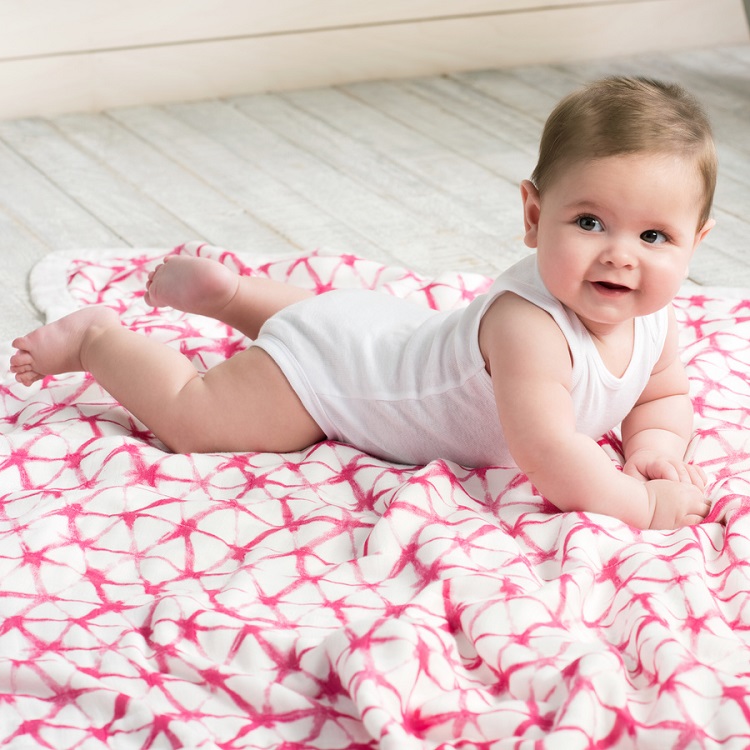Once you become a parent, your entire world changes. And yes, it changes for the better. Your baby becomes the centre of your universe and you want them to have the best of everything. From the crib that they sleep in and the blankets that you wrap them in to the clothes they wear – attention to the smallest of details is a must the first couple of months of life.
Among other things, you’d want to ensure that the skin of your little bundle of joy is kept soft and free from irritations. For that reason, the first thing you should do is ensure that the clothes they come in touch with are not made of synthetic materials and are comfortable to wear. Introducing the absolutely best material for all your blankets and pieces of clothing – bamboo!
There is no doubt that the popularity of organic bamboo fabric has been rapidly growing in the past couple of years, especially in Australia. Taking into consideration our ridiculously hot climate, bamboo baby blankets, pillowcases and sheets are the ideal choice for the well-being of your little one. Bamboo products are extra soft, which means they are very comfortable to wear and are less likely to irritate your baby’s skin. Plus, they are known to be suitable for babies with eczema and are great for dry or sensitive skin.

Furthermore, bamboo has thermal regulating and antibacterial properties and it is much more breathable than other fabrics, which helps regulate your baby’s temperature by enabling better air flow. Being anti-static, anti-bacterial and anti-fungal bamboo baby blankets and clothing in general tick all the boxes. To add more to its benefits, bamboo products are sustainable. This is of course very important for most parents as their little ones need to live in this world long after they are gone. Therefore, taking small steps to protect the environment and promote sustainable future is something that makes perfect sense.
Technically being a grass rather than a tree, bamboo is among the most sustainable resources on earth. It grows up to a yard in a day and it never requires replanting, thanks to its vast and interconnected root network. Plus, it does not require the use of tractors, pesticides or fertilizers. After being harvested, it’s converted into fabric, called rayon. Moreover, bamboo quickly adapts to different climates and it is the fastest growing plant in the world. It is an environmentally intelligent choice due to the fact that bamboo minimizes CO2 and generates 35% more oxygen than trees.